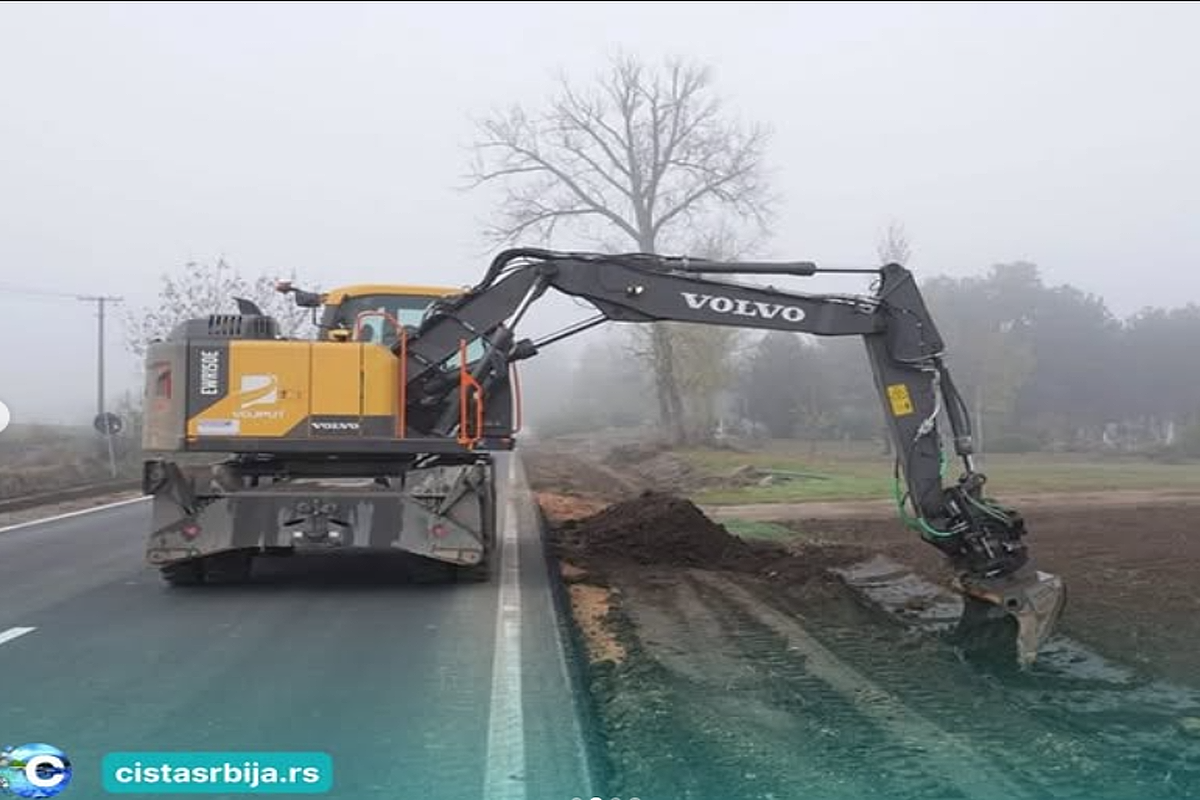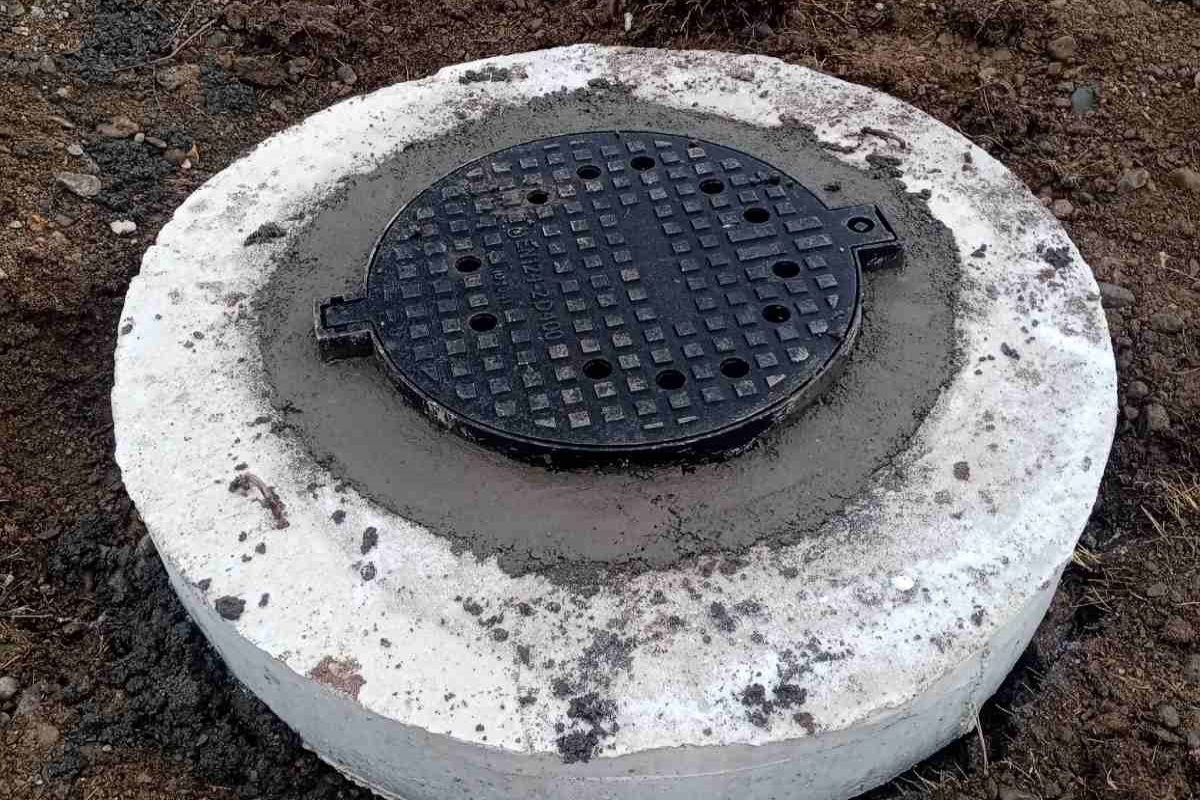On the Sava Promenade in Belgrade, a ceremony was held to welcome the Chinese New Year.
The ceremony, which marked the seventh time in Belgrade the celebration of the most important holiday of the Chinese people, was held under the auspices of the Government of Serbia, the Embassy of the People’s Republic of China in Serbia, the Chinese Cultural Center and the Belt and Road Institute.
The Prime Minister of Serbia, Miloš Vučević, in his address to the audience, said that true friends are greater when times are difficult, stressing that we are not afraid of difficult times, nor do we renounce sincere friends, because that is priceless.
The Ambassador of the People’s Republic of China Li Ming assessed that the celebration of the Chinese New Year, i.e. the traditional “Spring Festival”, is a proof of the respect that the Serbian people and the Government of Serbia attach to the relations between the two countries and their iron friendship.
He explained that this manifestation is the product of thousands of years of culture of the Chinese nation and contains aspirations for family reunion, happiness, peace and values such as peace, development and justice.
The ambassador pointed out that the friendship between Serbia and China has become stronger over time, and reiterated that Xi Jinping visited Serbia last year and announced the building of a common future with President Vučić.
On the eve of the Chinese New Year, the “Chinese Festival of Light” began, during which until February 9, on the Sava Promenade, visitors can see illuminated lanterns every evening from 5 p.m.











